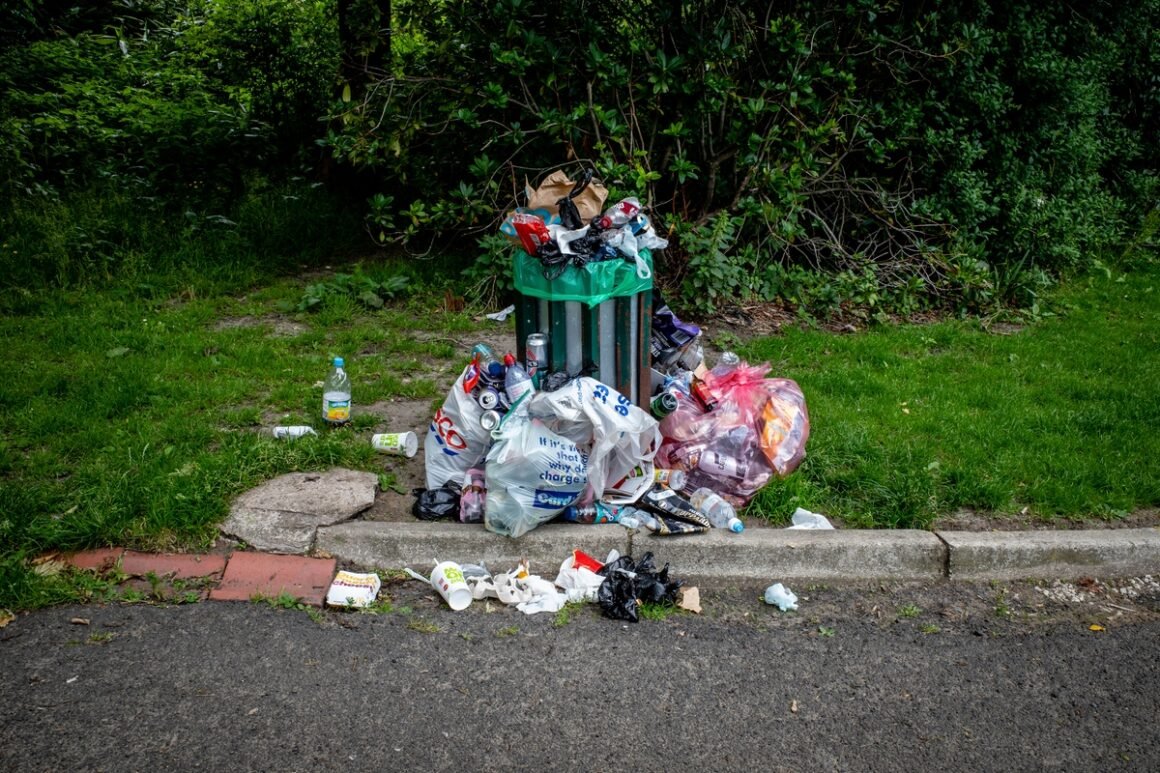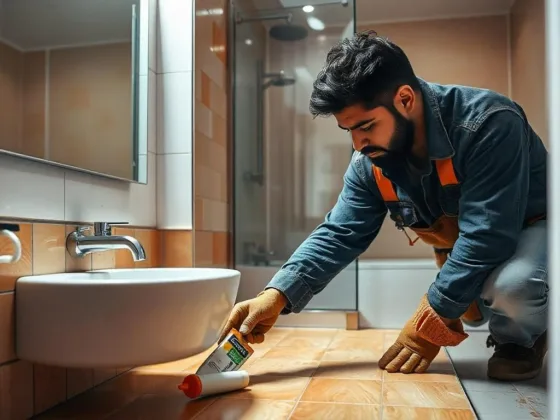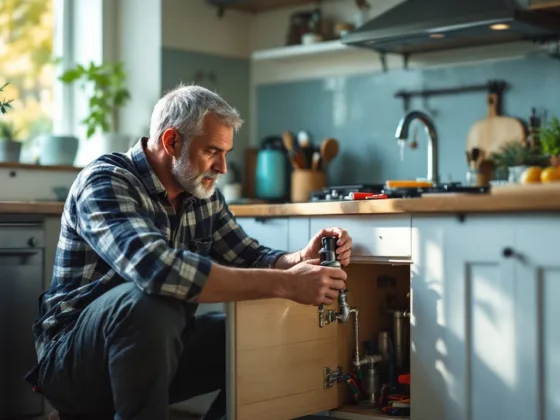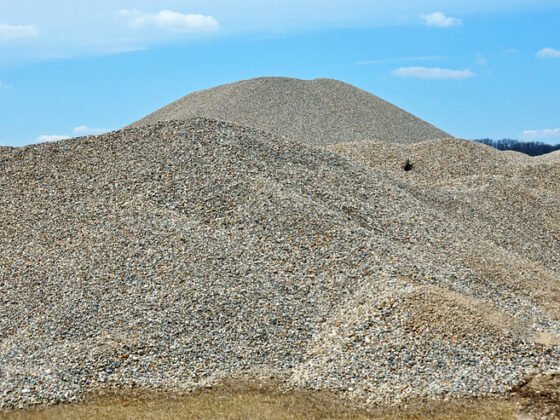Table of Contents Show
We unknowingly bring hazardous household chemicals and electronics into homes daily—cleaners, batteries, and devices filled with toxic, reactive ingredients. Improperly discarded, these materials turn into contamination timebombs, leaking into water, soil, and air. Residues endanger communities, environments, and futures with disturbing ease.
Safe, conscientious disposal presents the only path for coexistence with hazardous waste, the hidden danger within people’s homes. Following designated drop-offs and accredited pick-ups, responsible practices prevent environmental disasters. United through wise actions, you can address this toxic trouble threatening your world.
The Importance of Rubbish Removal
Proper rubbish removal is critical for maintaining clean and healthy home environments. When waste management gets neglected, clutter and unpleasant odors may accumulate, potentially attracting pests and diseases. From an environmental perspective, responsible waste disposal reduces pollution and preserves natural resources.
Every discarded item has an afterlife – ending up recycled, in landfills, or worse, as ocean pollution. Allowing waste to build up poses risks beyond just appearances and odors though; some rubbish contains toxic substances that can contaminate groundwater, air quality, or surrounding ecosystems when improperly discarded.
Typical Home Waste Types
In homes, wastes are typically categorized into two main types – general household waste and recyclable waste. General wastes include food scraps, packaging materials, broken items, etc., while recyclable ones include paper products, glass bottles, plastic containers, metal cans, etc. But there’s more than just these general categories.
You’ll also encounter green waste from your gardens which includes leaves, branches, etc., and bulkier items like furniture or electronics (known as hard rubbish) from time to time. Knowing the type of waste helps you decide on the right disposal method.
Hazardous Waste Dangers
Hazardous household substances like batteries, cleaners, electronics, and lightbulbs can severely contaminate if improperly discarded. Their corrosive, toxic, reactive, or flammable ingredients pose risks even in empty containers carrying residue.
Find out more about safe protocols for these dangerous materials to prevent environmental or health threats from improper disposal. Follow designated drop-offs or employ accredited services to transport hazardous waste safely. Exercising caution allows everyone to minimize contamination risks through responsible disposal.
Skip Bin Hiring Guidelines
If you are looking for an efficient way of large-scale waste removal, hiring a skip bin comes as a handy option. While hiring a skip bin seems easy just make sure it matches your needs. Size is probably the first thing to consider – do remember you can’t overfill a skip bin
Also don’t forget to evaluate what type of waste can go in the bin as some companies don’t accept certain types of waste. Your provider should inform you about any restrictions – but it’s often worth asking directly too.
Eco-Friendly Rubbish Removal
Green rubbish removal practices can reduce your carbon footprint. This starts by understanding the 3R principle – Reduce, Reuse, and Recycle. Aim at producing less waste, find ways where old items can be reused instead of discarding them, and definitely recycle wherever possible.
Likewise, composting is another ‘green’ method where organic waste like fruit peels, vegetable scraps, etc., can be turned into nutrient-rich compost for your garden. Moreover, when dealing with bigger waste like furniture or electronics, consider donating or selling them off instead of throwing them away.
Top Tips for Recycling
Successful recycling depends on proper practices. First, consult municipal guidelines on recyclable materials, preparation requirements, etc. Then, take the time to correctly sort and clean containers before recycling. Remember that mixing non-recyclables into recycling bins generally does more harm than good.
When in doubt over an item, contact your local recycling center to confirm. Ensure recyclables make it to the facility uncontaminated by food residue, liquids, or non-recyclable items that could ruin other recovered materials.
Finding Local Waste Facilities
Another key aspect of effective rubbish removal entails knowing your local waste facilities. Waste facilities often differ in terms of the items they accept. For instance, some may only deal with general waste, while others might specialize in handling hazardous or recyclable materials.
Interacting with your local council can typically outline what facilities are available in your area. Information is available online on most council websites as well – outlining the types of waste each facility accepts, operating hours, and other necessary details. Leveraging these services is an excellent way to ensure effective rubbish disposal.
The Role of Professional Services
Professional rubbish removal companies offer expertise and convenience in handling large or tricky waste. With extensive training and equipment, these specialists efficiently and safely manage a wide array of rubbish. Their assistance proves invaluable during domestic clear-outs or home renovations, all while prioritizing environmental responsibility.
Allow the experts to handle the hassle of lifting bulky items and transporting loads efficiently. Professional junk removers may also possess waste diversion contacts for repurposing or recycling materials whenever possible.
Same-Day Rubbish Removal Benefits
Immediate rubbish removal provides a convenient, rapid response within 24 hours post-events or unforeseen home projects before waste accumulation brings health hazards. Their expedited services restore normalcy and tidiness quickly and easily.
Same-day removal prevents the stress of dealing with an eyesore mess while working or entertaining guests. Leaving waste sitting around also risks potential odor issues or sanitation problems that accompany decomposition.
Rubbish Removal Safety Measures
Safe removal practices minimize risks of injury. Workers should wear protective equipment like gloves and closed footwear when handling sharps or hazardous materials. Proper lifting techniques prove critical as well to avoid strain from heavy loads.
Lastly, keeping children and pets away eliminates potential accidents. Take care to isolate and seal leaking rubbish to avoid contamination. Mark precariously stacked waste piles or protruding nails to prevent cuts and puncture wounds too.
Effective Organizing Techniques
Organizing your waste properly can simplify the entire disposal process. Start by categorizing your waste into different groups, i.e., general, recyclable, green waste, etc., as each has its own disposal requirements.
Store each type in separate bins or bags with clear labels for easy identification. For larger objects that can’t fit into bins, designate a specific area where they can be stored temporarily without causing obstruction or hazard.
The Cost of Rubbish Removals
Removing rubbish responsibly is likely, not free. Costs can vary based on several factors such as the amount and type of waste being disposed of or whether professional services have been enlisted.
Remember to factor in these costs within your home budget or project estimates for smoother operations. Many local councils offer certain standard rubbish disposal services free of charge, whereas special services like same-day removals or skip bin hire would come with a fee.
Dealing with Construction Debris
Construction debris from home renovation projects poses a unique challenge due to its volume and weight. In such scenarios, hiring a skip bin can often present itself as an ideal solution due to its capacity and ease of use.
An alternative option consists of engaging professional services like Same Day Rubbish Removal who specialize in construction debris removal, thereby saving you the effort of doing it yourself. Regardless of the method adopted, aim for responsible disposal methods such as recycling wherever feasible.
Wrapping it Up
Mastering rubbish removal forms a critical part of home improvement and overall home management. By adhering to these detailed guidelines, you can tackle the diverse range of wastes produced at home responsibly and efficiently.
From understanding how to separate and store your rubbish correctly, to utilizing professional services when required, you will be able to maintain a clean, safe, and environmentally friendly home environment.










